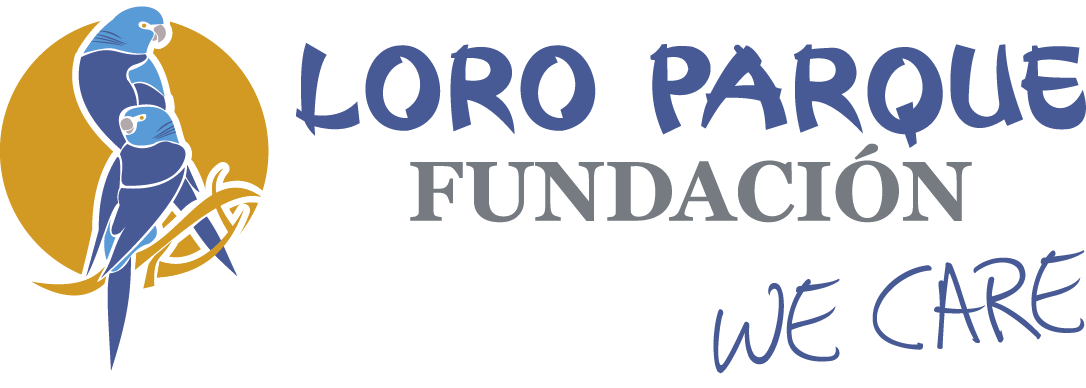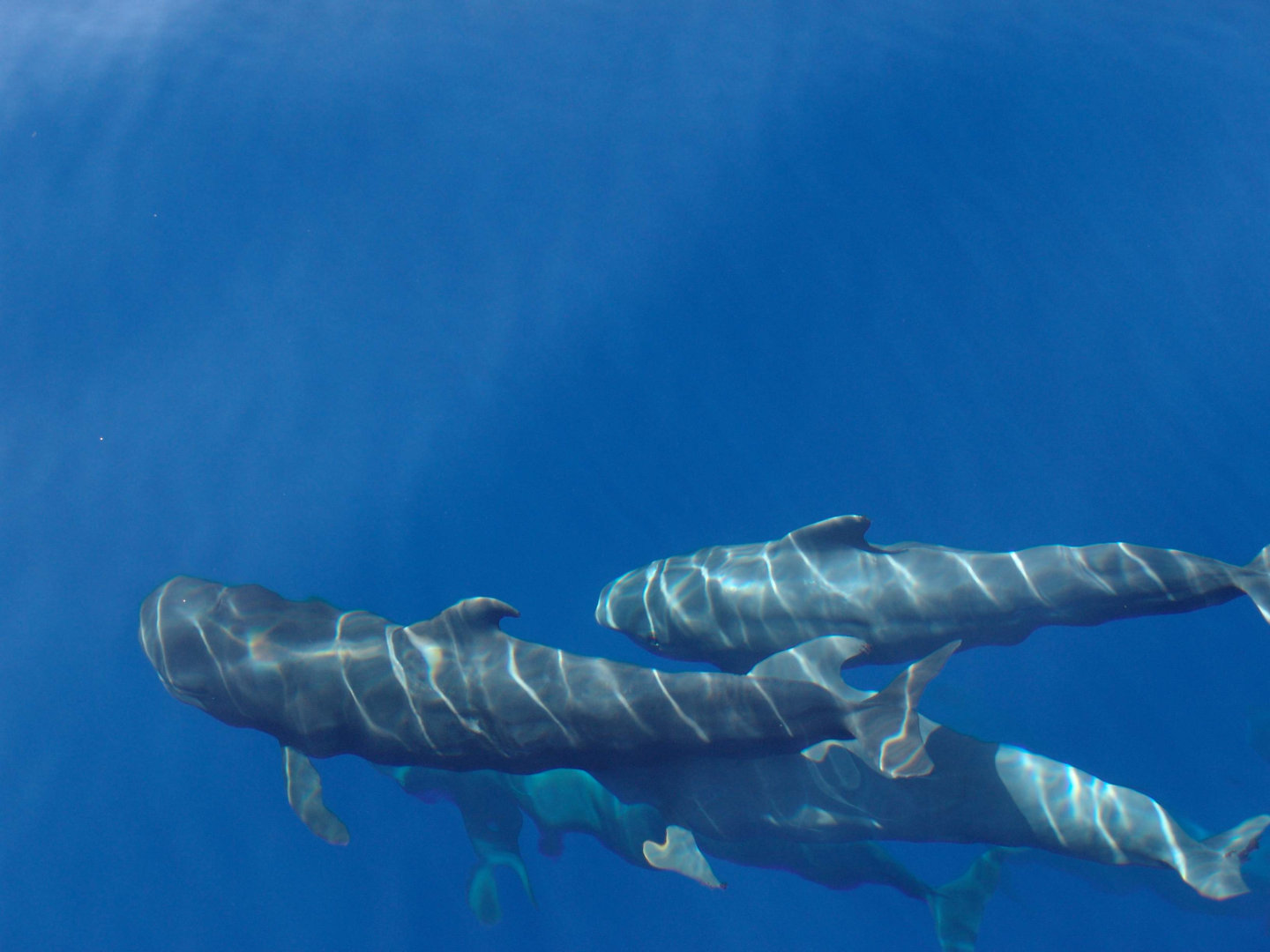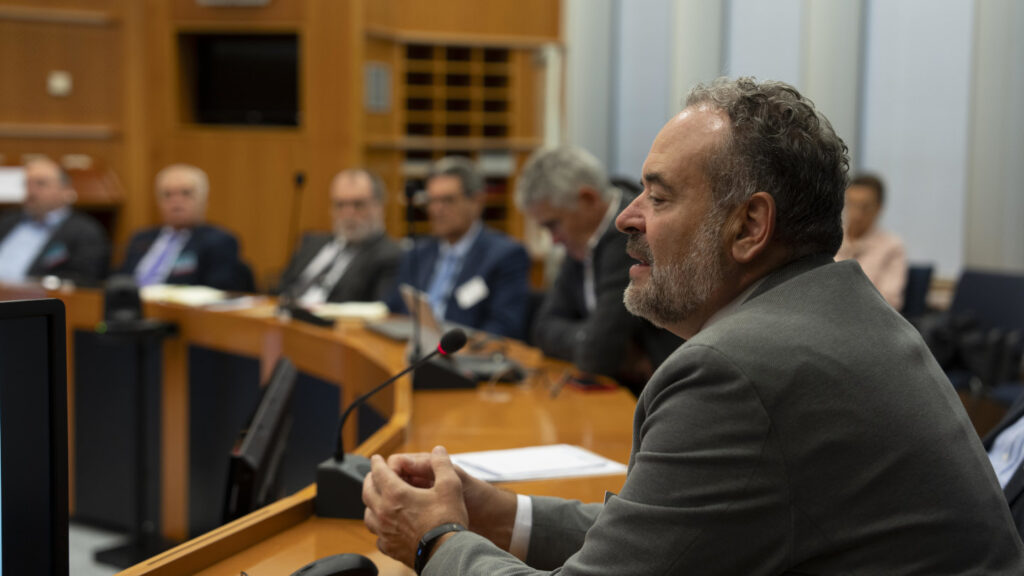The motion submitted by the Canarian organisation at the World Conservation Congress, currently taking place in Abu Dhabi, has been approved with 96.5% of the votes in favour, consolidating over four decades of work in marine conservation.
The International Union for Conservation of Nature (IUCN) has announced the approval, with 96.5% of favourable votes, of the motion put forward by Loro Parque Fundación to establish a Marine Protected Area in Macaronesia, known as the Macaronesia Sanctuary.
The proposal for the Macaronesia Sanctuary is an initiative that dates back to the 1980s, driven by Wolfgang Kiessling, president and founder of the Loro Parque Group, alongside German scientist Petra Deimer, a pioneer in the defence of marine mammals. For over forty years, Loro Parque Fundación has been committed to creating a safe corridor for cetaceans and other marine species inhabiting the waters of the Canary Islands, the Azores, Madeira, and Cape Verde.
The approval of this motion consolidates the Loro Parque Foundation’s leadership in the field of marine conservation and marks a turning point in the defence of biodiversity in the Atlantic region. Backed by the international scientific community and the institutional support of the IUCN, the Macaronesia Sanctuary is emerging as a global benchmark in marine ecosystem protection, and a prime example of sustained commitment to the planet.
“The Macaronesia Sanctuary represents a shared aspiration between science, institutions, and society,” highlighted Wolfgang Kiessling. “Its approval by the IUCN demonstrates that international cooperation is the most effective way to protect the biodiversity of our oceans.”
“This approval is an international milestone that strengthens our commitment to ocean conservation,” said Javier Almunia, scientific advisor to Loro Parque Fundación. “The overwhelming support from the scientific and environmental community gathered at the IUCN drives us to continue working alongside the governments of Spain, Portugal, and Cape Verde to move forward with the effective creation of this protected area.”
Macaronesia is home to 32 species of cetaceans, representing 84% of the species present in the North Atlantic, and is one of the most important regions for the migration and movement of marine populations. The creation of this Marine Protected Area seeks to protect its ecosystems from threats such as maritime traffic, mid-frequency sonar, industrial fishing and deep-sea mining, ensuring the preservation of its biological richness for future generations.
The Sanctuary aims to become a model of international scientific and diplomatic cooperation, bringing together the efforts of the countries involved, universities and conservation organisations.
In 2024, all public universities of Macaronesia, including the universities of the Azores, Madeira, Cape Verde, the Atlantic Technical University, as well as the University of La Laguna (ULL) and the University of Las Palmas de Gran Canaria (ULPGC) — signed the Marine Biodiversity Manifesto, promoted by Loro Parque Fundación. This document lays the foundation for collaboration in research projects and training programmes in marine conservation, reinforcing the academic dimension of the future Sanctuary.
Since its inception, Loro Parque Fundación has invested over 29 million US dollars in more than 300 biodiversity conservation projects around the world. Thanks to these ongoing efforts, 18 species have been saved from extinction, including the Lear’s Macaw, which has been successfully reintroduced into its natural habitat.
In the Canary Islands, the Foundation collaborates with the regional government on the CanBIO programme, which studies the effects of climate change on marine ecosystems and species listed on the IUCN Red List.



